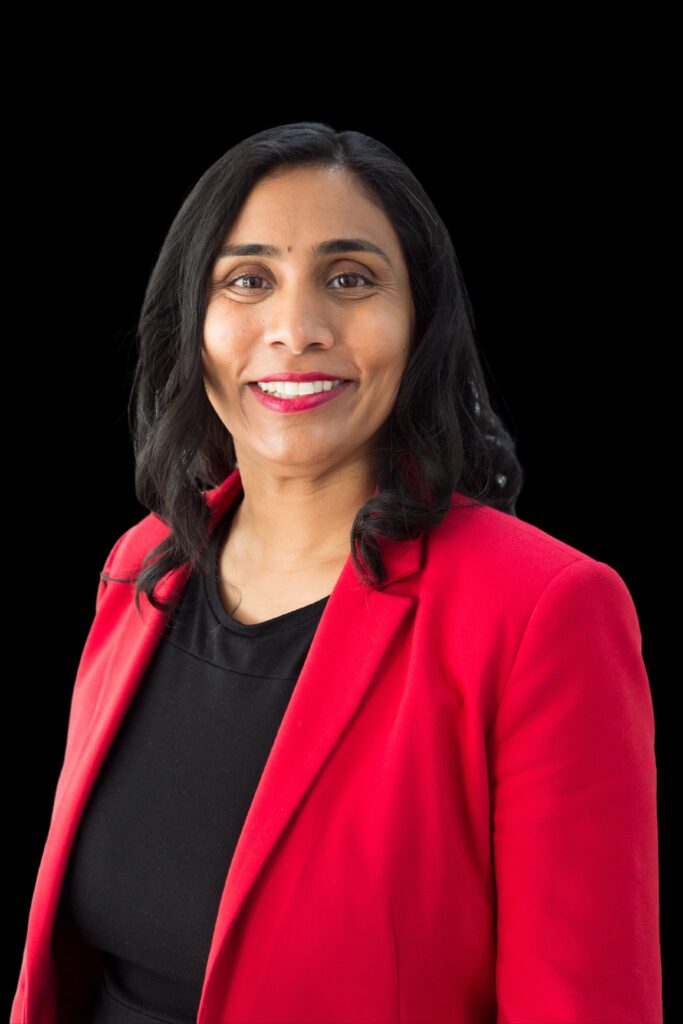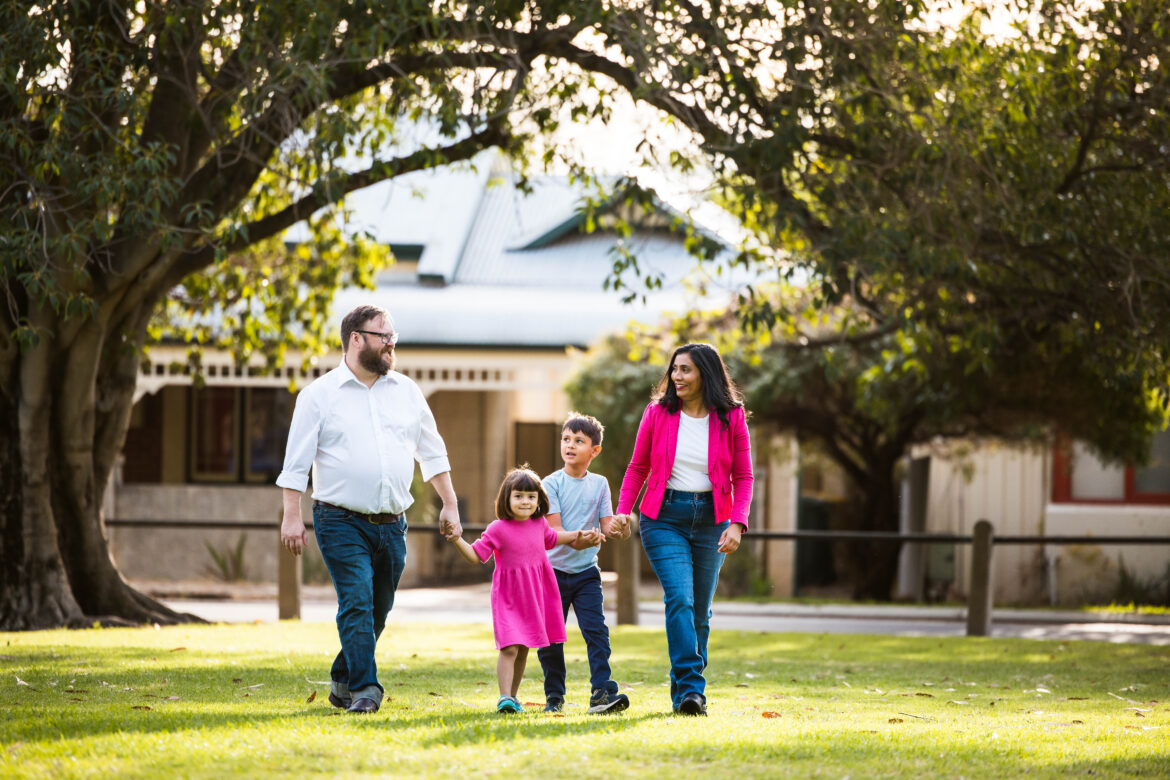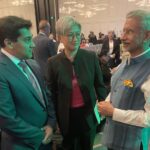Zaneta Mascarenhas, the Labor Member for Swan, made history as the first woman of color to be re-elected to represent the seat in its 101-year history. A daughter of Indian Goan heritage, her story is deeply personal and symbolic of a broader shift toward a more inclusive Australia.
Her father was once turned away from Australia under the White Australia Policy; he was told he had “the right skills, but the wrong colour.” Decades later, that same country sent his daughter to Parliament, not once but twice, with her victories symbolizing the dismantling of structural barriers.
In an exclusive exchange with South Asian Herald, Mascarenhas reflects on her historic win, how her migrant roots shaped her, and why diversity in leadership is more vital than ever.
What does it mean to you and your community to be the first woman of Indian Goan heritage re-elected in Swan?”
I am proud to be the first woman of colour, re-elected to represent the seat of Swan in its 101-year history. I’m also the first woman of Goan ancestry to be elected to the House of Representatives. When my dad first tried to come to Australia, the White Australia Policy was still in place. The Australian embassy in Kenya told him he had “the right skills, but the wrong colour.” It was the Labor Party that helped dismantle that policy, opening the door for him to build a life in Australia and contribute to the Goldfields. It’s extraordinary to think that in my dad’s lifetime, Australia once said no to him and just decades later, his daughter would become a Member of Parliament.
How has your Indian heritage shaped how you engage with multicultural communities?
I was born in Kambalda, WA, and visited India for the first time at 15. That trip taught me a few life lessons: family is everything, food should never be bland, we value our resources, and we work hard.
I’ve visited India many times, and I also lived in Bangladesh for nearly a year. These experiences have shaped how I connect with diverse communities. When people from multicultural backgrounds visit me, I often see a sense of relief, they feel seen. I once welcomed a mother and son who reminded me of my own mother. Offering them tea and a warm welcome made me realize how powerful representation is, especially for those who’ve never had leaders who share their lived experience.

What are the Indian diaspora’s key contributions and challenges in WA, and how can policymakers better support them?
The diaspora from the subcontinent punches well above its weight in Western Australia. We can be seen in every type of work – dentists, doctors, engineers, aged care workers, childcare workers, professors, Uber drivers, cleaners and metal workers. The last two are humble professions my parents did.
Often for first generation migrants it is difficult for experience abroad to be translated into an Australian context. The first Australian job is often difficult to land. As a policy maker, I think it’s important to understand these structural challenges and overcome them. We’ve come a long way in recognizing the contributions of the Indian diaspora but there’s still more we can do. We should highlight the value Indian culture brings to our decision-making, communities, and business opportunities.
Here in WA, the Indian community is incredibly supportive. I love attending events with local MLAs like Dr. Jags Krishnan, Yaz Mubarakai and newly elected Parwinder Kaur, MLC. I’m proud that the Labor Party is leading the way in promoting diversity in leadership.
How do your priorities like sustainability and justice align with Australia’s growing diversity?
I grew up in a small town that was incredibly multicultural. We had skilled migrants from all over the world living alongside Aussies from every corner, it made for a pretty amazing childhood. Even though it was regional, I got to experience the best of both multicultural and rural Australia.
I’ve seen firsthand what’s possible when people feel they belong and have access to good jobs and a solid education. That’s the kind of opportunity I want every Australian to have. We’re not there yet, but I believe everyone no matter where they are born, their background or gender, should have the chance to reach their full potential.
What advice would you give young Australians from diverse backgrounds who want to enter public service?
I’m an engineer who’s worked on mine sites, so when I was preselected and told politics would be tough, I had no doubt I could handle it. Being a woman in a male-dominated field taught me resilience and that’s been key to my journey into Parliament.
To my surprise, the 47th Parliament has been more inclusive than I expected. The old bar was turned into a childcare centre, kids are allowed on the floor of Parliament, and debates now finish by 6:30pm. These changes have helped shift the culture.
We need to keep pushing for diversity in Parliament, and I’m proud to be part of a Labor caucus that’s majority women. There are many ways to create change, politics is just one of them. Whether through political action, community work or business, real impact starts with genuine commitment.
How can multicultural communities, especially the Indian diaspora help strengthen Australia’s global partnerships?
Diversity is one of our greatest strengths, and collaboration is key to building strong, successful partnerships, both here at home and around the world. When we embrace our differences and celebrate what we each bring to the table, we can build a brighter, more inclusive future for all Australians.






